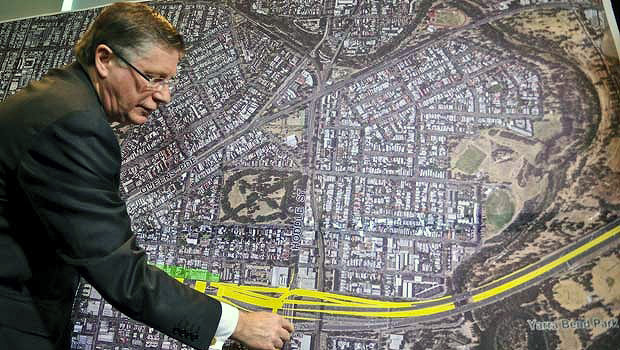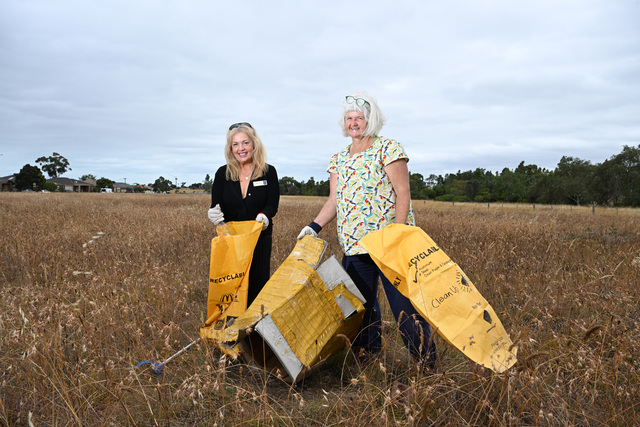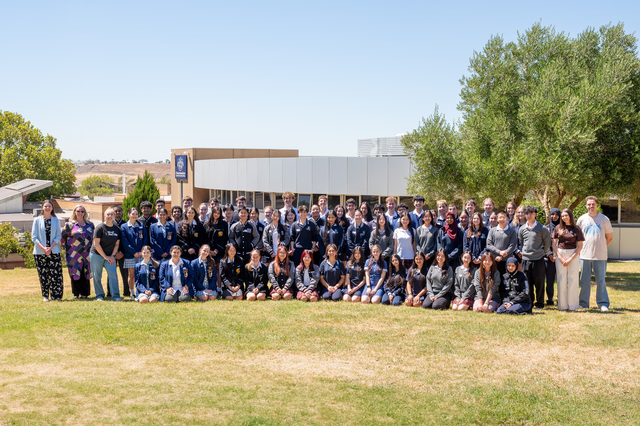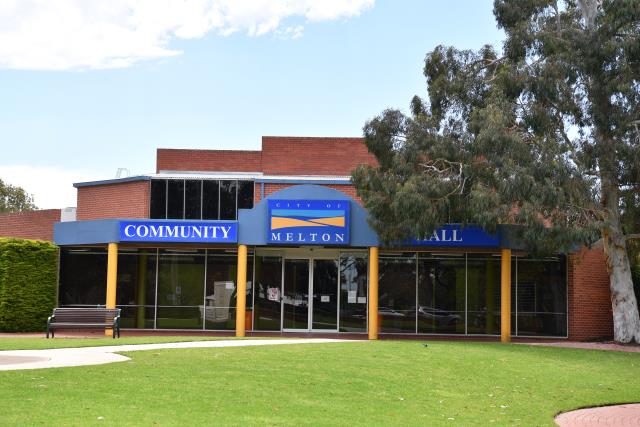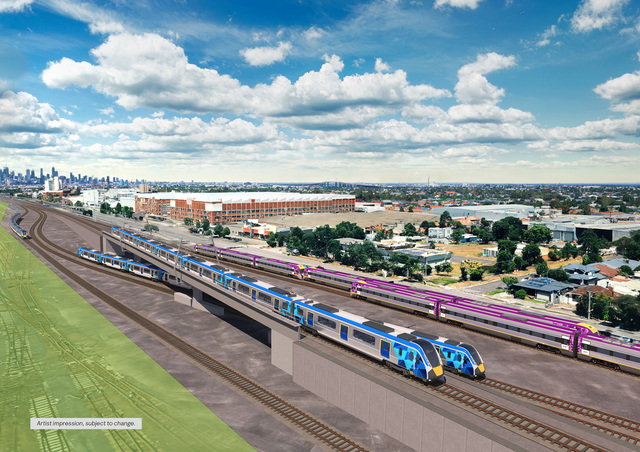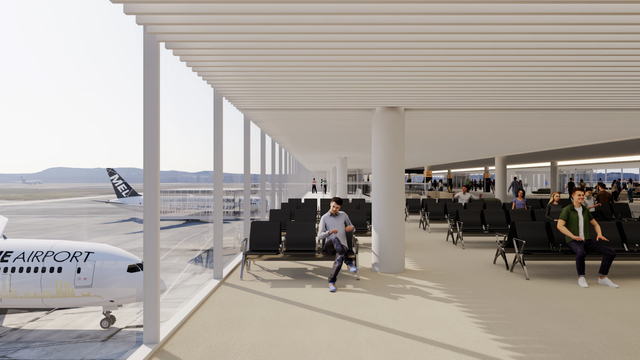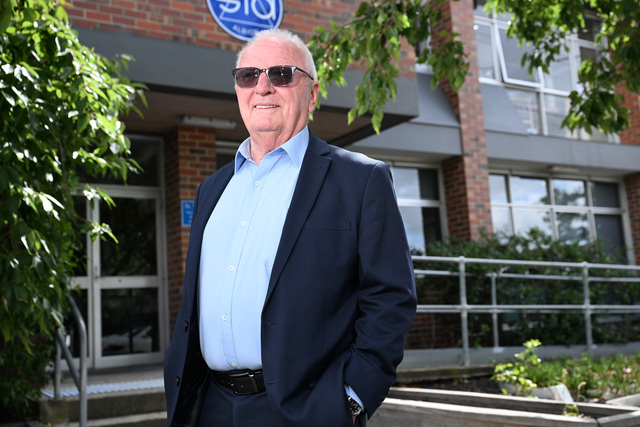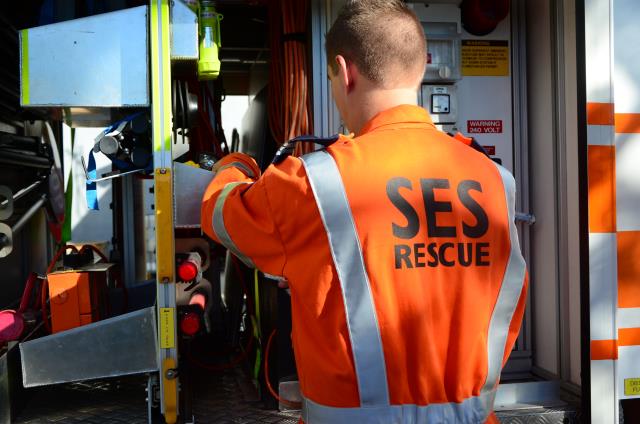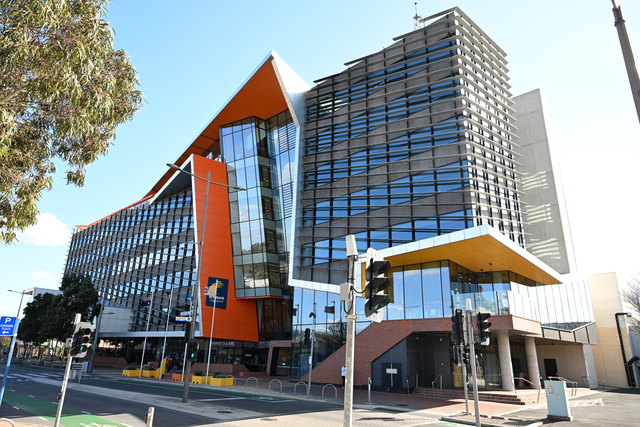The Doncaster and Metro rail projects would not ease the road congestion that the east-west link has been designed to fix, according to the authority in charge of building the road.
Instead Melbourne faces “unimaginable” congestion without the $6 billion to $8 billion tunnel, with traffic every day akin to the chaos experienced when in 2012 when CityLink’s tunnels were closed due to a computer malfunction.
On the last day of the public hearings into the east-west link, the Linking Melbourne Authority quoted figures showing congestion problems will not be fixed if billions earmarked for the project are instead spent on public transport.
“If we did not have east-west link but spent money on some other projects, we’re not going to get relief in future from traffic congestion that will arise,” Stuart Morris QC, for the Linking Melbourne Authority, told the expert panel assessing the road.
Transport modelling had found that the Doncaster rail line, a project favoured by public transport advocates as an East West Link alternative, would reduce traffic volumes on the toll road by just 0.1 per cent, Mr Morris said.
The Metro rail tunnel would reduce east-west traffic by just 0.4 per cent.
“In 2031, if we don’t have East West Link we’re going to have not the traffic congestion of today, but traffic congestion that is unimaginable today,” Mr Morris said.
He also argued that the road’s benefits should not be assessed through a cost-benefit analysis, and that releasing the business case for the road would go against the state’s interest, by revealing to bidders the government’s estimate of the project’s cost.
“A cost-benefit analysis is neither necessary nor desirable to justify all transportation projects,” Mr Morris told the committee.
He said monetary value was not the most appropriate way to measure the worth of a project built in response to population growth, or the need to provide better access to employment.
Meanwhile, councils and 14 community groups addressing the public hearing have urged the assessment committee not to approve the government’s reference design, claiming that the project is being rushed and that the Comprehensive Impact Statement was unacceptably flawed.
In a scathing final submission delivered by Yarra City Council, the council said the COS was so “deficient” the government should do another one.
“This CIS is an abject failure,” the council said. “In the council’s view, there is no other way to allow this project to proceed to approval and at the same time maintain the integrity of the planning system in this state.”
Moreland City Council called for an “independent reviewer” to oversee the project and for traffic noise guidelines to be reviewed across Victoria.
Linking Melbourne Authority was also criticised by the City of Melbourne and other submitters for “not seriously considering” any of the 16 alternative designs put forward to the committee.

